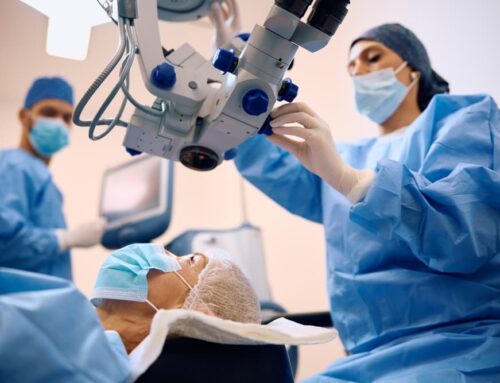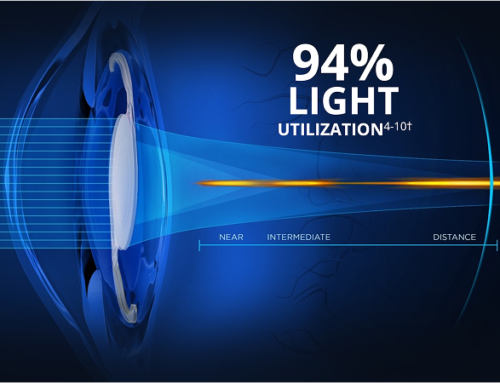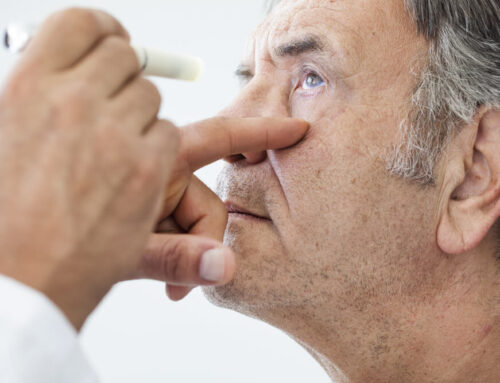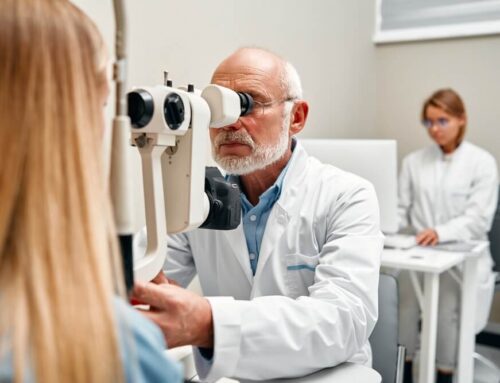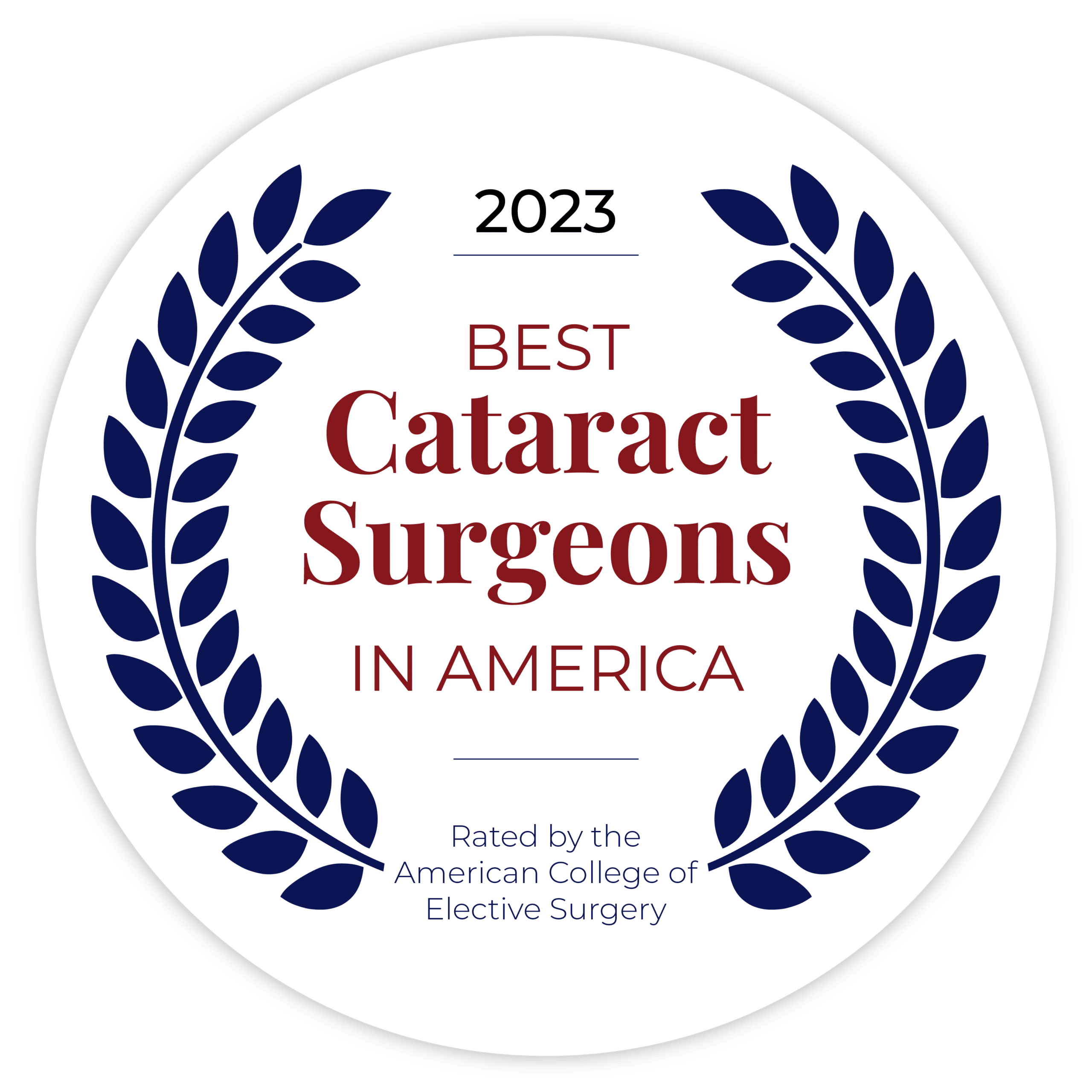Thanks to modern medicine, we have a plethora of surgical options to improve our lives. Before you have any type of surgery, you may have a lot of questions:
- Will it hurt?
- What type of recovery should you expect?
- When can you drive again?
- Will it be difficult to sleep?
When your upcoming surgery is on your eyes, you have even more burning questions. You know how important vision is to everyday life!
You are nervous, and a bit of information will go a long way to calming those worries. Eye Care Professionals of Reno is here to answer all of your questions surrounding cataract surgery.
One question we get quite often is: will I be awake during the surgery?
The short answer is that yes, you are awake during cataract surgery. But, no need to worry. Our patients are sedated and made quite comfortable throughout the procedure. Many times, this is followed by a second question: Why? The patient being awake eliminates the risks associated with general anesthesia and being put fully “to sleep.” Also importantly, it enables you and your cataract surgeon to communicate during your procedure in which you may be asked to look in a certain direction or to look at a target light. This keeps your eye in the proper position throughout your procedure and facilitates a good outcome.
What type of technology is used to fix cataracts?
Eye Care Professionals has a decades-long tradition of staying at the forefront of the field to help you see your best. And a prime example of the difference that can be made with state-of-the-art cataract care is today’s most advanced intraocular lenses (IOLs). An intraocular lens is any lens that goes inside the eye. Your eye’s natural crystalline lens is intraocular. However, the term refers to a synthetic lens implanted into the eye to improve or restore eyesight. IOLs are the main treatment for cataracts; the clouded natural lens is replaced with a synthetic implantable lens. Unfortunately, most implanted lenses are low-tech, single-focus lenses. But at Eye Care Professionals, we offer a complete range of IOLs, including state-of-the-art multifocal intraocular lenses that provide a dramatic improvement in both visual acuity as well as a more functional range of postoperative eyesight.
Since I am awake, will I feel any pain?
Don’t let the fact that you will be awake during cataract surgery add to your concerns or prevent you from seeking care to improve your vision. You will be given IV medication before the procedure, so you are fully relaxed and comfortable. Surely if you are awake, you will feel some pain, right? Not the case! There is little or no discomfort during cataract surgery. In addition to the IV medication, we use medications to anesthetize the cornea as well as intraocular structures so for the vast majority of patients there is little to no discomfort. Some patients even find the process relaxing and comment on the light show one experiences during the procedure.
How long does the cataract surgery take?
In some cases, the medications used for these procedures may make it difficult for patients to remember their experience in the surgical suite. Cataract surgery is generally a very brief and efficient procedure, requiring on average only about 10 to 15 minutes of actual surgery time. Afterwards, you’ll spend a brief time in our recovery area. Within a short period of time, you will be able to leave our brand-new, state of the art, dedicated eye surgery center, Visionary Surgery Center of Nevada. Please note that you will not be able drive immediately after surgery and you must plan to have someone with you to drive you home.
In conclusion
We are Reno’s leaders in experience, state-of-the-art medical and surgical care for the eyes. There’s a reason we are considered the area’s premier laser cataract surgery provider. We have vast leading-edge experience and a reputation for unsurpassed capabilities and outstanding treatment outcomes. To speak more in-depth to a cataract surgeon, please call our team at (775) 322-1000 to schedule an appointment. We look forward to discussing with you just what to expect as well as what is possible through today’s advanced cataract surgery procedures.





